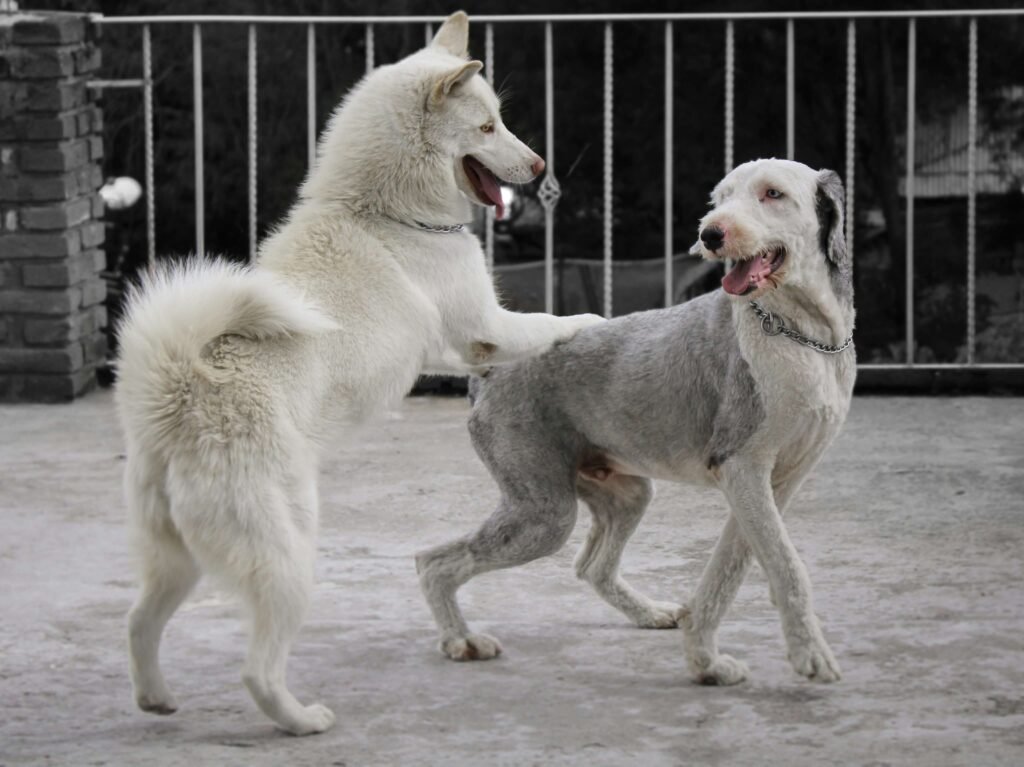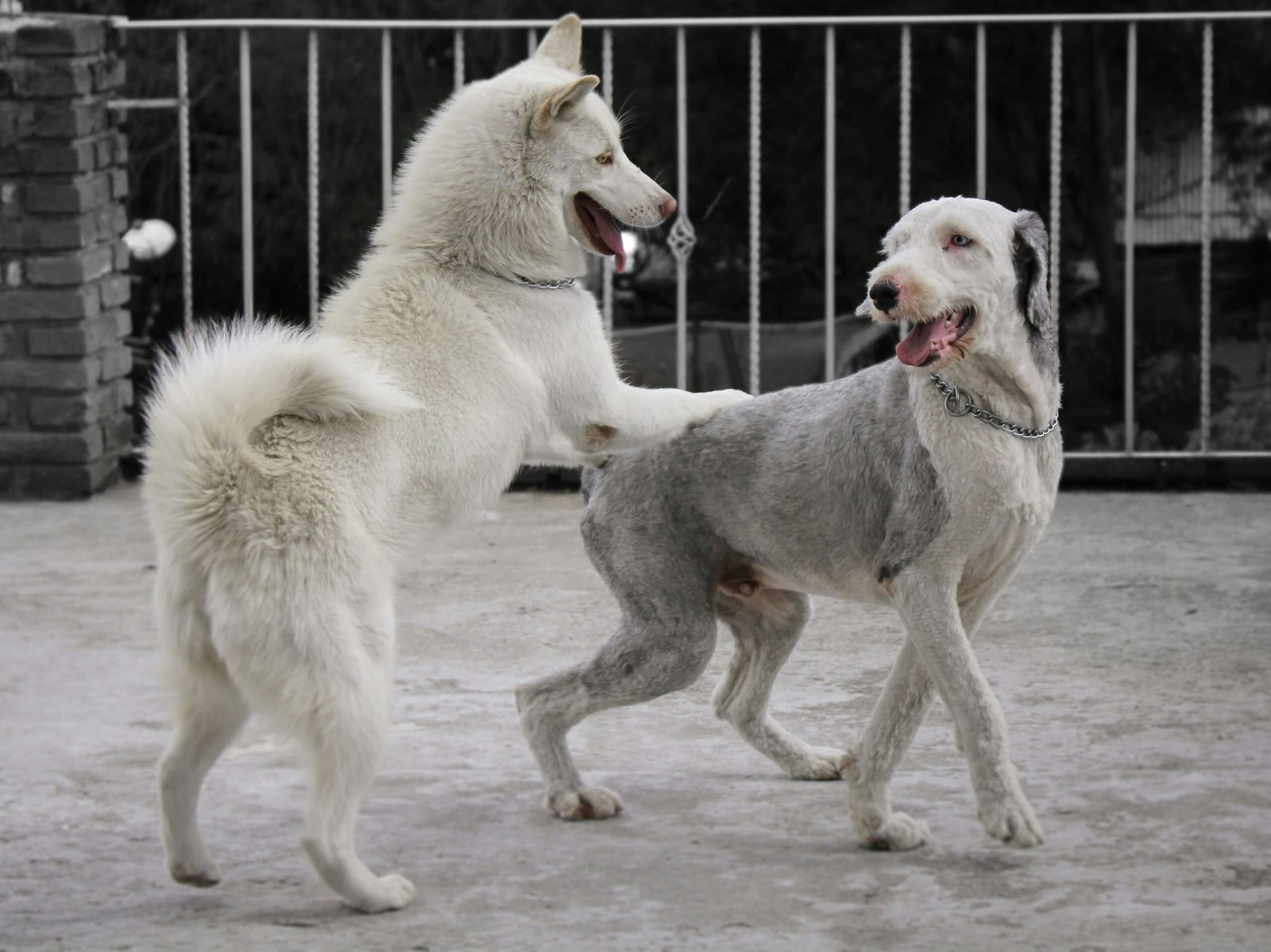Home Remedy for Dog Constipation: Help Your Pup Feel Better Naturally
Constipation in dogs is more common than you might think, and while it’s usually not a cause for panic, it can be uncomfortable for your furry friend. If you’ve noticed that your dog is straining to poop, producing small or hard stools, or showing signs of discomfort, you’re likely searching for a safe and effective solution. The good news is that many cases of dog constipation can be resolved at home using simple, natural remedies. In this blog post, we’ll explore the best home remedies for dog constipation, tips to prevent future episodes, and when it’s time to consult your veterinarian. Let’s help your pup get back to feeling their happy, healthy self!
Common Causes of Dog Constipation
Understanding why your dog is constipated is the first step toward finding a solution. Here are some of the most common causes of constipation in dogs:
Lack of Fiber in Their Diet
A diet low in fiber can lead to difficulty passing stools, as fiber helps keep things moving smoothly through the digestive tract.Insufficient Hydration
Dehydration can cause stools to become dry and hard, making them difficult for your dog to pass.Lack of Exercise
Physical activity stimulates digestion. Dogs that lead sedentary lifestyles may experience slower bowel movements.Eating Non-Food Items
Some dogs have a habit of eating grass, dirt, or other non-digestible items, which can block their intestines.Underlying Medical Conditions
Issues like hypothyroidism, kidney disease, or gastrointestinal disorders can contribute to chronic constipation.
By identifying the root cause of your dog’s constipation, you can tailor your approach to address their specific needs. However, if your dog’s symptoms persist or worsen, it’s important to seek veterinary advice.
Best Home Remedies for Dog Constipation
If your dog is constipated, there are several safe and effective home remedies you can try to help them feel better. Here are some tried-and-true solutions:
Pumpkin Puree
Plain canned pumpkin (not pumpkin pie filling) is rich in fiber and can help soften stools. Add 1-2 tablespoons to your dog’s food daily.Hydration Boosters
Encourage your dog to drink more water by adding a splash of low-sodium chicken broth to their water bowl or offering ice cubes as a treat.Canned Dog Food
Switching from dry kibble to canned dog food can provide extra moisture, helping to ease constipation.Probiotics
Probiotic supplements or plain yogurt can restore healthy gut bacteria, promoting regular bowel movements.Exercise Routine
Take your dog for longer walks or play fetch to stimulate their digestive system and encourage natural movement.
These remedies are gentle and effective for most dogs, but always introduce new foods or supplements gradually to avoid upsetting their stomach further.
Check this guide 👉Jelly Mucus in Dog Poop: Best 7 Expert Tips!
Check this guide 👉Yellow Mucus in Dog Poop: Best 7 Expert Tips!
Check this guide 👉Why Does Dog Poop Turn White? Best 7 Expert Tips!

Home Remedy | How It Helps |
|---|---|
Pumpkin Puree | Adds fiber to soften stools |
Hydration Boosters | Prevents dry, hard stools |
Canned Dog Food | Increases moisture intake |
Probiotics | Restores gut health and aids digestion |
Increased Exercise | Stimulates bowel movements naturally |
Foods to Avoid When Treating Dog Constipation
While some foods can help relieve constipation, others can make the problem worse. Here’s a list of foods to avoid when treating your dog’s constipation:
Bones
Cooked bones can splinter and cause blockages, worsening constipation or leading to serious injuries.Dairy Products (Except Plain Yogurt)
Many dogs are lactose intolerant, and consuming dairy can upset their stomach and exacerbate digestive issues.Processed Human Foods
Foods high in fat, salt, or sugar can disrupt your dog’s digestive system and should be avoided entirely.Rawhide Chews
These can swell in your dog’s stomach or intestines, potentially causing obstructions.Toxic Foods
Items like chocolate, grapes, and onions are toxic to dogs and should never be given under any circumstances.
Steering clear of these foods will ensure that your efforts to relieve your dog’s constipation aren’t counteracted by dietary mistakes.
When to See a Veterinarian for Dog Constipation
While home remedies often work wonders, there are times when professional help is necessary. Here’s how to know when it’s time to consult your vet:
No Bowel Movement for Over 48 Hours
If your dog hasn’t pooped in two days despite trying home remedies, it’s time to seek medical advice.Signs of Pain or Distress
Whining, panting, or excessive straining during bowel movements could indicate a more serious issue.Blood in Stool
Blood in your dog’s stool or around their anus is a red flag that requires immediate attention.Vomiting or Loss of Appetite
These symptoms, combined with constipation, may point to an obstruction or another underlying condition.Chronic Constipation
If your dog experiences frequent constipation, it could signal an ongoing health issue that needs diagnosis and treatment.
Your veterinarian can perform tests to determine the cause of your dog’s constipation and recommend appropriate treatments. Early intervention is key to preventing complications.
Preventive Measures to Avoid Future Constipation
Preventing constipation is always better than treating it. Here are some proactive steps you can take to keep your dog’s digestive system running smoothly:
Provide a Balanced Diet
Ensure your dog’s diet includes a mix of protein, healthy fats, and fiber-rich ingredients like vegetables or whole grains.Encourage Regular Hydration
Always keep fresh water available and encourage your dog to drink throughout the day, especially after meals or exercise.Incorporate Fiber-Rich Foods
Add small amounts of fiber-rich foods like sweet potatoes, green beans, or pumpkin to their meals regularly.Maintain a Consistent Feeding Schedule
Feeding your dog at the same times each day helps regulate their digestive system and promotes regular bowel movements.Limit Access to Non-Food Items
Keep hazardous objects like toys, socks, or trash out of reach to prevent your dog from ingesting items that could cause blockages.
By adopting these preventive measures, you can significantly reduce the risk of constipation and ensure your dog stays comfortable and healthy in the long run.
Signs Your Dog Is Starting to Feel Better
Once you’ve implemented home remedies for dog constipation, it’s important to monitor your pup for signs of improvement. Here’s what to look for:
Regular Bowel Movements
Your dog should begin passing stools more easily and frequently, with a softer consistency.Increased Energy Levels
As their discomfort subsides, your dog may show renewed enthusiasm for playtime or walks.Improved Appetite
A return to normal eating habits is a good indicator that their digestive system is functioning properly again.Reduced Straining
Your dog should no longer appear to be in pain or excessively straining when attempting to poop.Relaxed Behavior
Dogs often display calmer body language and behaviors once they’re no longer experiencing digestive distress.
If you notice these positive changes, it’s a sign that your efforts are working. However, if symptoms persist, don’t hesitate to reach out to your veterinarian for further guidance.
Natural Supplements to Support Digestive Health
In addition to dietary changes and home remedies, certain natural supplements can promote your dog’s digestive health and prevent constipation. Here are some options to consider:
Psyllium Husk Powder
This soluble fiber supplement can help regulate bowel movements by absorbing water and softening stools.Slippery Elm Bark
Known for its soothing properties, slippery elm can coat the digestive tract and ease irritation or inflammation.Fish Oil
Rich in omega-3 fatty acids, fish oil supports overall gut health and can reduce inflammation in the digestive system.Aloe Vera Gel (Pet-Safe)
A small amount of pet-safe aloe vera gel can help hydrate the digestive tract and promote regularity.Digestive Enzymes
These supplements assist in breaking down food more efficiently, ensuring your dog absorbs nutrients properly.
While these supplements can be beneficial, always introduce them gradually and consult your vet before making significant changes to your dog’s regimen. With the right combination of diet, exercise, and supplements, you can help your dog maintain optimal digestive health.
Frequently Asked Questions About Dog Constipation
How can I tell if my dog is constipated?
Signs include straining to poop, producing small or hard stools, vomiting, or lack of bowel movements for over 48 hours.
Is pumpkin safe for all dogs?
Yes, plain canned pumpkin is safe for most dogs, but consult your vet if your dog has diabetes or other health conditions.
Can dehydration cause constipation in dogs?
Absolutely. Ensuring your dog stays hydrated is crucial for maintaining healthy digestion.
How much exercise does my dog need to prevent constipation?
At least 30 minutes to an hour of physical activity daily is recommended to keep their digestive system functioning properly.
Are probiotics safe for dogs?
Yes, probiotics designed for pets or plain yogurt with live cultures can safely support gut health.
Final Thoughts: Helping Your Dog Stay Regular and Comfortable
Constipation is a common issue that can affect any dog, but with the right care and attention, it’s usually manageable at home. By incorporating fiber-rich foods, ensuring proper hydration, and encouraging regular exercise, you can help your dog maintain a healthy digestive system. Remember to monitor their symptoms closely and consult your veterinarian if you notice anything unusual or concerning. With patience and proactive care, you can keep your pup feeling comfortable and happy—and ready for plenty of tail-wagging adventures!
Do Cats Have Taste Buds? Best 7 Expert Tips! – Discover how cats experience flavors and why their taste is so unique.
Do Dogs Have Taste Buds? Best 7 Expert Tips! – Discover how dogs experience taste, their preferences, and what it means for their diet and health.
Can Cats Taste Sweet? Best 7 Expert Tips! – Discover why cats can’t taste sweetness, how it affects their diet, and tips to keep them healthy and happy.
Can Dogs Taste Sweet? Best 7 Expert Tips! – Discover how dogs perceive sweetness, which foods are safe, and tips to manage their sweet cravings responsibly.





